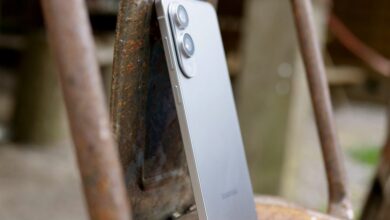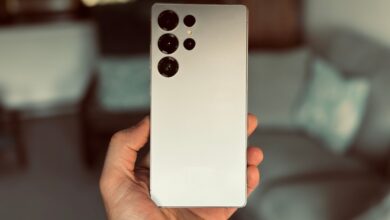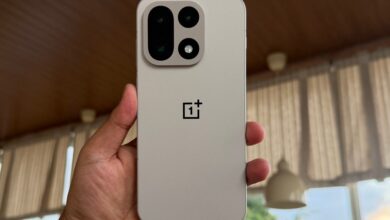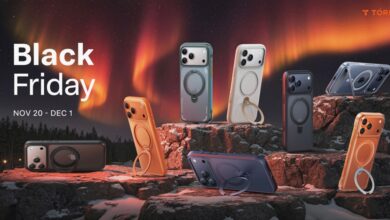US Aims for Universal Wearables but Experts Warn of Health Crisis Limits
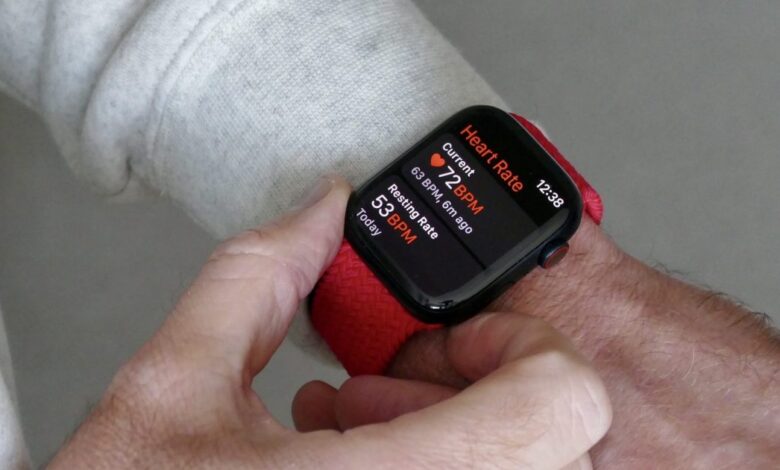
Wearable Technology: A Vision for healthier Americans
During a recent hearing, Robert F. Kennedy Jr., the former Secretary of the U.S. Department of Health and Human Services, expressed his belief that every American will be using wearable technology within four years. This statement came in response to Congressman Troy Balderson's inquiry about consumer access to these devices, especially considering their potential health benefits and privacy concerns.
Kennedy emphasized that consumers should definitely have access to wearables. He revealed plans for a notable campaign aimed at educating more Americans about the advantages of these devices. The initiative might even involve government funding for wearable health gadgets,with steps already outlined to engage contractors and kickstart this ambitious project.
The MAHA Initiative: Making America Healthy Again
“wearables are essential to our MAHA agenda—Making America Healthy Again,” Kennedy stated during his testimony before Congress. He mentioned exploring various ways to cover costs associated with these devices.
While the plans are bold, they have sparked numerous concerns among experts in the field. I spoke with several health professionals who believe this initiative could be beneficial if executed carefully and thoughtfully based on recent research in wearable technology.
The Campaign's Goals
the U.S. Department of Health and Human Services (HHS) has drafted a contract outlining its goal: “to promote wearables as trendy tools for monitoring diet effects and empowering individuals regarding their own health.” According to RFK Jr., this campaign is set to be one of the largest in HHS history, aiming to help Americans take charge of their well-being.
“With wearables, people can start making informed choices about their diets and physical activities,” he explained during the hearing. Devices like those from Apple have already proven life-saving by enabling users to monitor their health effectively.
A colleague recently shared an inspiring story about how an apple Watch detected signs of a heart attack that led its owner directly into surgery for angioplasty—a clear example of how such technology can save lives when it matters most.
Empowering individuals Through Data
the features available on smartwatches extend beyond just tracking workouts; they also include monitoring sleep patterns, heart rates, step counts, and more—all crucial metrics for maintaining good health over time. The ultimate aim is not merely placing sensors on users but fostering healthy habits that yield long-term benefits.
“Individuals can take duty by observing how food affects their glucose levels or heart rates as they eat,” Kennedy noted while sharing personal stories where acquaintances used glucose monitors successfully turned around their health outcomes.
What Wearable Devices are Being Considered?
It remains unclear which specific types or styles of wearables will be included in this government initiative; though, it appears focused on raising awareness rather than treating existing diseases directly. For instance, kennedy contrasted expensive weight-loss medications like Ozempic with affordable wearables that could help achieve similar results over time without breaking the bank.
An additional focus area involves utilizing wearables as convenient tools for older adults who may struggle with mobility yet still wish to monitor their well-being without frequent doctor visits or trips to urgent care facilities—an vital consideration highlighted by Kennedy during discussions at Congress.
Expert Opinions on Wearable Technology
I consulted Dr. Alexandra Kharazi—a cardiothoracic surgeon based in Southern California—who believes that while wearables provide valuable insights into personal health data points encouraging healthier lifestyles among users; they should not replace professional medical advice or treatment options entirely.
(Note: Please remove any , , , etc.)
“Many patients find tracking metrics like heart rate helpful,” she said. “However,” she cautioned against relying solely upon them when managing serious conditions requiring expert oversight.”...
Dr.Kharazi pointed out issues surrounding accuracy due largely due light-based sensors’ performance across different skin tones/tattooed areas but acknowledged overall positive impacts from mass-market interventions promoting healthier habits through increased awareness around daily activities/health responses.
According statistics released by American heart Association’s latest report (2025 Heart Disease & Stroke Statistics Update), cardiovascular diseases remain leading cause deaths nationwide surpassing combined tolls cancer-related incidents/road accidents combined!
Dr.Eduardo Sanchez Chief Medical Officer Prevention AHA echoed sentiments emphasizing complementary roles smartwatches play helping track vital signs/sleep/activity patterns ultimately guiding individuals towards healthier lifestyles!
Navigating Challenges Ahead
The effectiveness lies heavily upon accurate data collection/dashboarding allowing patients greater insight into bodily functions driving outputs generated via these technologies according Dr.Sanchez’s perspective!
.
.
.
.
And don't forget! NoveByte might earn a little pocket change when you click on our links helping us keep this delightful journalism rollercoaster free for all! These links don’t sway our editorial judgment so you can trust us If you’re feeling generous support us here.


